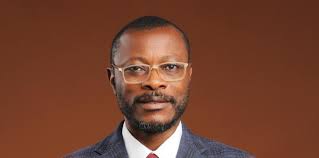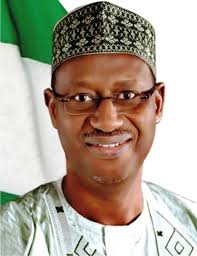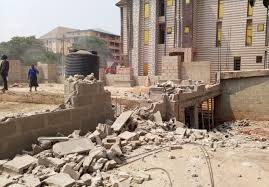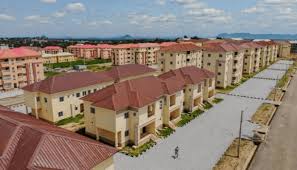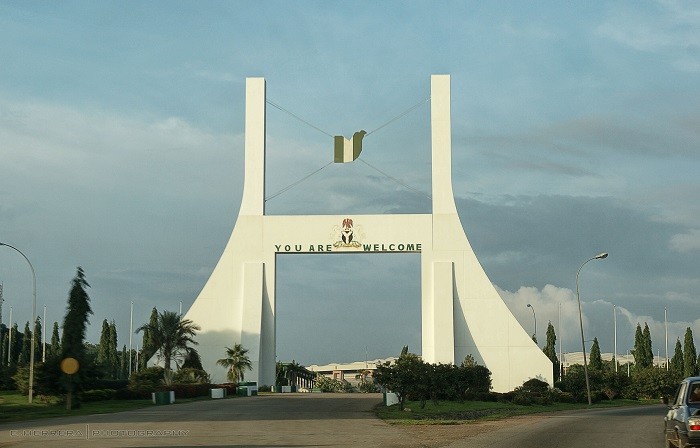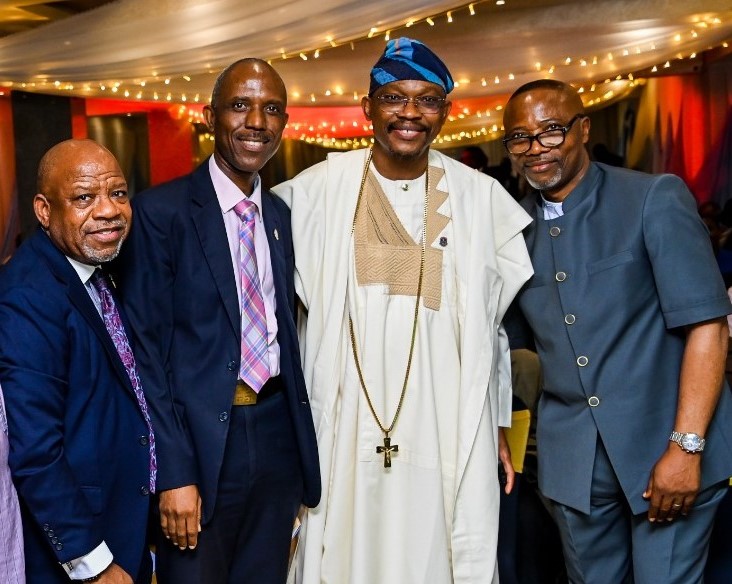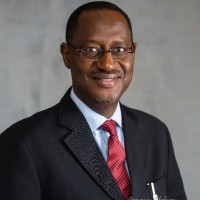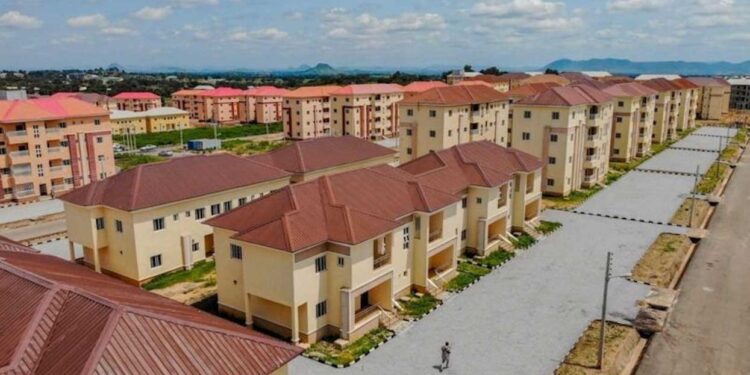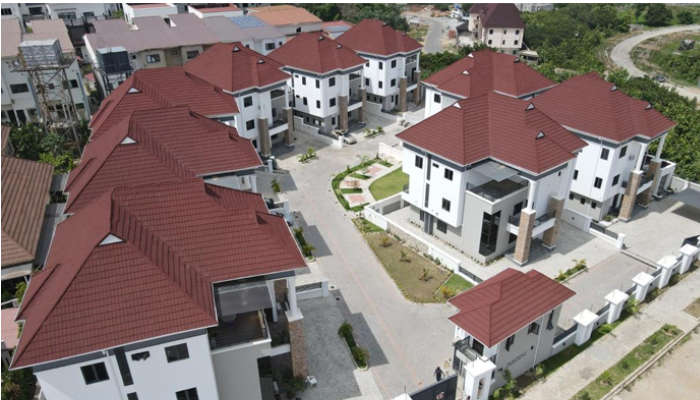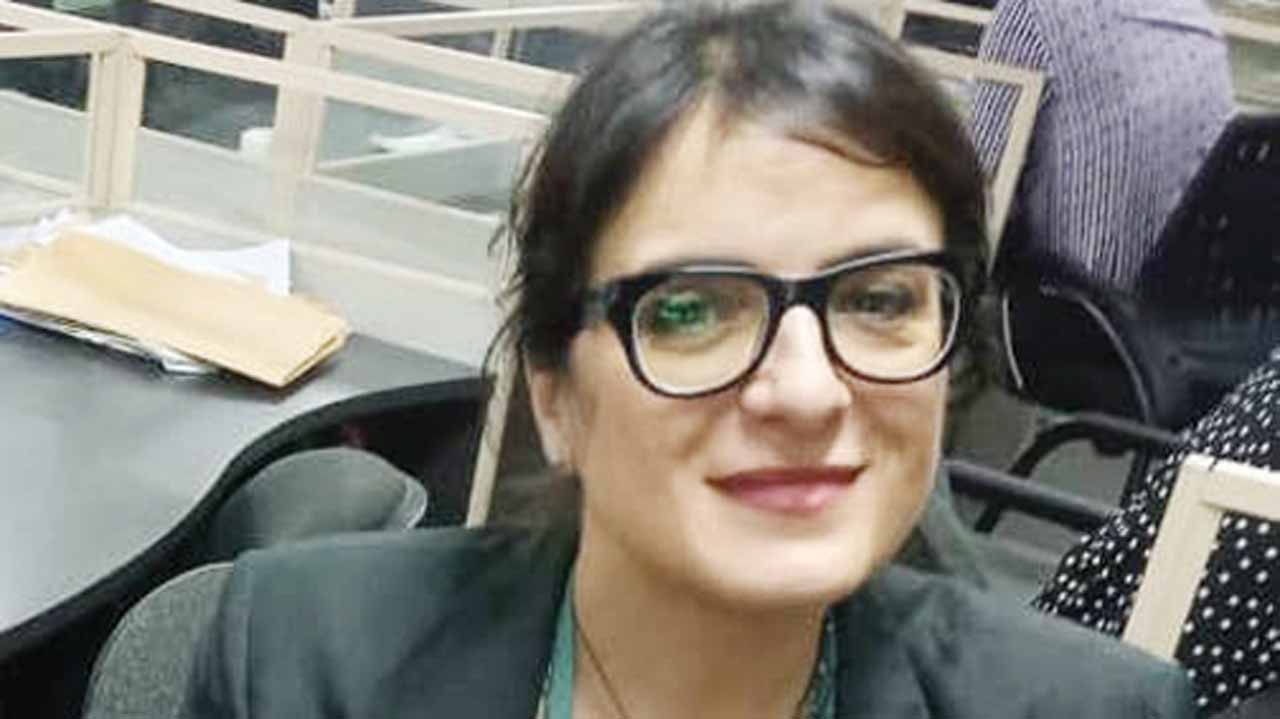
‘FIABCI event will outline measures to resolve informal sector challenge'
ELENA PANARITIS is the Founder and Chief Executive Officer of Thought Action and guest speaker at the International Real Estate Federation (FIABCI) Business Forum and Dinner 2020, themed: “Ease of Doing Business, Real Estate Perspective.” In the company of ADENIJI ADELE, President, Nigerian Chapter of the International Real Estate Federation (FIABCI), she spoke with BERTRAM NWANNEKANMA, at the corporate office of The Guardian on the event organized by FIABCI and the positives for Nigerian Government, professionals, and policymakers, among other stakeholders. The real estate industry has been witnessing downturns recently. How can the trend be reversed? The downturn is caused by a downturn in the economy but what we actually need are innovations to change the scenario and we do have innovators. But they seemed not to be doing much of that. You are also a country with oil and other commodities, yet the growth of the country is just about 2 per, cent. This is smaller than the population growth and therefore unemployment is really higher. So, you have tons of issues, informalities are higher, savings are lower and poverty is increasing. It now at 70per cent; inequality between the rich and poor is also increasing fast. In all these, the real estate sector is not developed in the most appropriate way. The reason is that the public sector and the bureaucracy around it seemed to be choking the development and economic growth possibilities. So, simplification should be the answer. To do that, you need to find the champion for reforms and things will be a little better than they are right now. In what way can FIABCI ‘s event help in this direction? You look at the event as one of the catalytic elements, which plays a very important role in putting together partnerships between the owners and the private sector. The event is organized by a Non-Governmental Organisation (NGO), which is a network of private sectors. It is a not-for-profit organization and an umbrella organization of the private sector. The partnership would be led into voicing outright responses to the state and government. We have invited people in government, leaders in the housing sector, policymakers and members of other ministries. One of the problems affecting the sector has been the issue of policy summersault. We have seen beautiful policies in the past discarded with a change of government. How can this be prevented? I believe that the country has done a lot and later went into retrogression. What needs to happen is to bring more than one pushing the lever in the right direction, not just advisories in policy-making but in putting the private sector together, putting the citizens together, the civil societies together and finally the hunger of turning back has been reduced. We have less and less maneuvering powers in government not to do the right thing. Nigeria is too big for its economy to be static, too big to fail. It just needs to lead and become the engine of growth for all Africa. You are the number one population in Africa, you are growing, you have innovation abilities, you are really a very rich country and you do have the human capital. It just needs to manage it all together. How can this happen? Not just by policy, it has to be by a dynamic and organic process that comes from the private sector, media, civil societies and identifying the visionary leaders of the government to actually make a lot of difference. It has happened in a lot of countries. Believe me, it is possible. You know we have a peculiar system. Of, the course you do. I have been studying your system since 2004. The problem of putting together a formal and informal sector is an issue. What do you suggest as the way out? First, you need an assessment of what is the informal sector. Secondly, we need to identify what makes it remain informal and usually, the formal sector is there because of huge bureaucracies. So you cannot eliminate the informal sector by decrees or legislation. The informal sector is bigger than the formal sector. The formal sector is, in theory, in extinction. We need to understand that the formal sector will stop existing if all become informal. So, it is survival time, either we engage with every healthy element we can identify within the private sector – private capital, the public sector, leaders that have a clear mind that is not corrupt, then getting together with the owners. The owners are informal, citizens exist but they are stagnant, not registered. We need to do something with the registering system of property rights. This is the bullet point; this is the way to resolve the informality. The moment we create a property right system that incorporates the informal sector, you need to reform the formal system by making it less rigid and bureaucratic. Once you do that, you certainly have all the informal become middle class and they become stakeholders. They will never let Nigeria go back. But in other to do that, we need to have a leader in the private sector, we need good thinking professionals. We need to get rid of the utopians and give room to the realists.
source: Bertram Nwannekanma
Similar Topics
Event Set to Celebrate Managers Who Shape Careers and Drive Organizational Growth Business...
10 days ago Read MoreGlobal Leaders to Converge in Lagos for Landmark Event Driving Urban Innovation and...
10 days ago Read MoreIn a bold move to redefine affordable luxury housing, Nigerian real estate giant Gtext Holdings has...
18 days ago Read MoreIndustry Experts Urge Anti-Corruption Measures, Innovative Financing to Address Crisis By: Oche...
23 days ago Read MoreLAGOS, NIGERIA – Global real estate consultancy Knight Frank and UK developer Mount Anvil...
25 days ago Read MoreBy Oche Onum Lagos, Nigeria As Nigeria’s real estate sector braces for 2025, rapid...
a month ago Read MoreBy Oche Onum Abuja, Nigeria In a landmark move to combat climate vulnerabilities in urban...
a month ago Read MoreLAGOS, NIGERIA The Federal Government announced plans Wednesday to establish a Real Estate...
a month ago Read MoreAccording to The Guardian's investigation, 70% of Nigerian states rely on manual land...
a month ago Read MoreWhat is the Initiative? The Federal Government of Nigeria has unveiled an N100 billion private...
a month ago Read MoreAbuja, Nigeria’s gleaming administrative capital, has long symbolized hope for migrants...
a month ago Read MoreAbuja, Nigeria The Federal Housing Authority (FHA) has suspended all ongoing construction projects...
a month ago Read MoreLagos, Nigeria Amid Nigeria’s escalating housing affordability crisis, real estate...
a month ago Read MoreRenowned Nigerian gospel artist Mercy Chinwo has broken her silence in an emotional video...
a month ago Read MoreThe Nigerian real estate market is projected to hit $2.25 trillion by the end of 2025, according to...
a month ago Read MoreNigeria’s Minister of Housing and Urban Development, Ahmed Dangiwa, has called on...
2 months ago Read MoreAffordable Housing and Luxury Properties Set to Propel Nigeria's Real Estate Market Over the Next...
2 months ago Read MoreHope for improved housing supply in Nigeria may remain unfulfilled, as the 2025 fiscal budget...
2 months ago Read MoreNigeria commemorated its annual Armed Forces Remembrance Day on January 15, honoring military...
2 months ago Read MoreNigeria’s ongoing GDP and CPI rebasing reveal real estate has overtaken oil and gas as the...
2 months ago Read More
